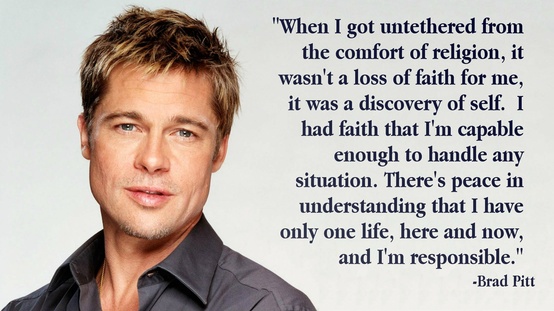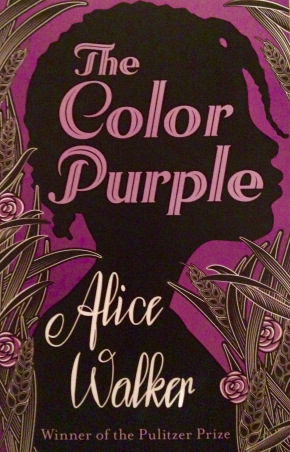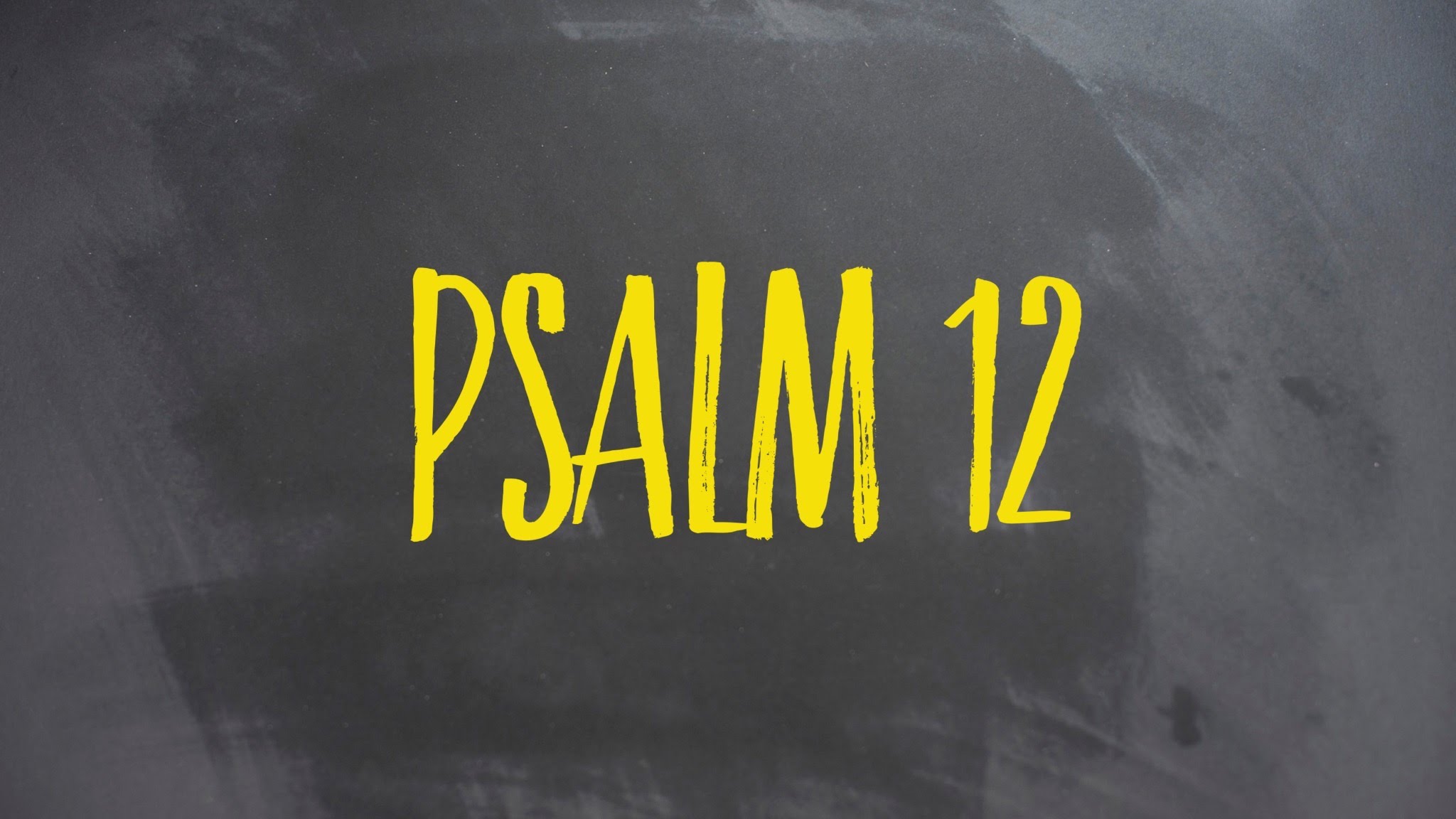
Liebe died yesterday, but I was 3000 kilometres away and couldn’t say goodbye.
She was 10½ years old, almost to the day, a gift from my family for Christmas 2005. We had been at our carols service on Christmas eve and Monica and the kids were keen to get me home for my present which was arriving that night.
We were in the family room at home and I had been blindfolded. When it was removed I looked around to see this present, though at first I couldn’t see anything. Was it a new picture on the wall? Something wrapped on the table? They were all around, almost bursting with excitement, shining, expectant; I couldn’t see why.
Then, out from under the table, ran a little black puppy: paws too big, ears flopped down, tail high.
“Bloody hell!”
The kids laughed. Monica was dismayed. This was so out-of-the-blue, so out-of-the-box I was totally unprepared, and (almost) speechless. My shocked response still provokes mirth with the children whenever it is remembered. Somehow two thoughts hit me simultaneously: our life—my life—had just changed, and, I needed to bond with this dog. I laid down on the floor.
It only took a moment. The little puppy was delighted to have something, someone it was bigger than! It was all over me, licking and jumping and licking some more (didn’t anyone tell it I am allergic to dog saliva? Apparently not.)
It took us a little while to settle on the name. I was learning German at the time and a German Shepherd should have a German name! (Although I did consider ‘Gracie’ for a while. One of the boys had started dating a Grace, however, and so didn’t really go for Gracie.) The boys thought a theological name would be appropriate and suggested ‘Bone-Hoeffer,’ but I finally decided on Liebe, or more formally, Liebchen (‘Sweetheart’).
And a sweetheart she was. Liebe became part of the family the moment she moved in, bringing much happiness with her from the very start. Liebe and I tramped all over the escarpment, up and down Lesmurdie Falls, Whistlepipe Gully, all through the hills. We explored the neighbourhood together, discovered new streets, chased rabbits and cats, sniffed every tree and weed and lamp-post and letterbox and rubbish bin and plant and dogs-bum we came across (well, she did…). She was always keen to be in the middle of anything and everything we were doing, loved going out with us, loved sticking her head out the window in the car, loved being inside when she was allowed, loved people, and loved us.
The thing about dogs is that they are such loyal friends, and even after we moved into the apartment and couldn’t keep her any longer, I would still go to see her, and she would roll onto her back for her tummy-rub, always glad to see me, always ready for a walk or a romp. As she aged the infernal arthritis became worse, and slowed her down somewhat, but I am grateful that in the end she didn’t become debilitated or crippled by it. I couldn’t have borne seeing her suffer.
And thank you Chris, Jess, Jeremiah and Levi for loving Liebe as we did and giving her such a good home. We were so thankful for that, and now especially so.
When I was a kid people used to say that dogs don’t go to heaven because they don’t have a soul. Whatever were they thinking?? Liebe, I think, had more soul than I do. She was intelligent. She could learn. She grew in understanding. She was clever. At times she was cunning, and yes, sometimes she abused her power—just ask Maddie, our cocker-spaniel. Liebe would block her from coming up the path to the house, just because she could! Lieb could be jealous! She could feel. She could be hurt. She could be shamed. She loved. She was affectionate. She understood and was present when someone in the house was sad or sick. She responded to stress, to joy. She could play. She could tease. She was sociable. She liked attention. She had soul.
One day there will be a new heaven and a new earth in which all is righteousness, joy, peace and love. It will be filled with animals because God loves his creatures. And if Paul’s word is true, that love is the greatest of the virtues, that it transcends the bounds of this life, that it lives on and forever, then perhaps that which is love and loved—Liebe—will also find a place there. I wouldn’t be surprised.
Best.Present.Ever.
Goodbye, old girl—and thank you for everything. I will always remember you.





